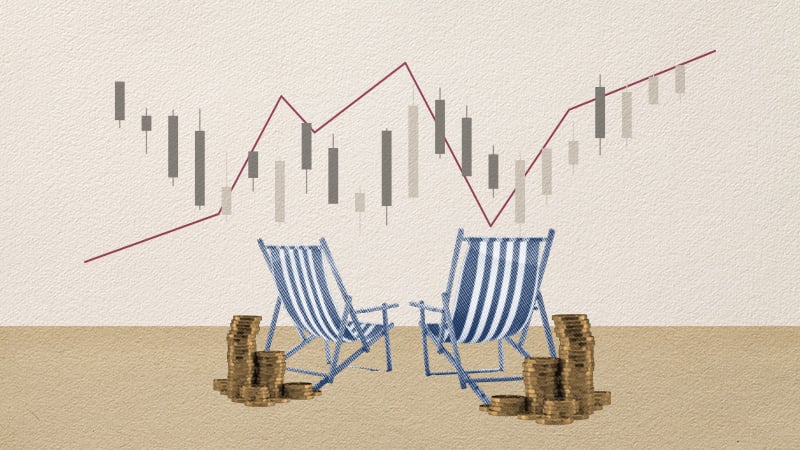Sustainability and Stewardship Report 2022
Click here to download the full report
Foreword
“To use a computer analogy, we are running twenty-first-century software on hardware last upgraded 50,000 years ago or more. This may explain quite a lot of what we see in the news.” ― Ronald Wright, A Short History of Progress
Over millennia, humans have evolved to identify and respond to immediate threats. For most of our history, this served us well. Short-term threats were aplenty and neither the ability nor responsibility to plan decades ahead were yet upon us.
We now have a much greater understanding of the challenges facing humanity and the timeframes over which they could occur. Yet, as the above quote alludes to, is our very nature limiting the action being taken in response?
For instance, our understanding of the causes and effects of climate change has moved forward significantly in recent decades, but action to address it collectively falls short of the goals of the Paris Agreement. Is this because timeframes such as 2030, 2050, or 2100 feel so distant?
Possibly, especially as the modern world is not devoid of shorter-term challenges and threats, as demonstrated in 2022 by the tragic events of the war in Ukraine. In addition to the immediate humanitarian costs, the war also demonstrates the links between societies and our environment.
In response to Russia’s aggression, Western nations have sought to reduce imports of oil and gas from Russia. This has led to a reshaping of energy markets, prompting debates around energy security now and over the long term, with environmental and social implications whatever the chosen path.
The providers and allocators of capital, us included, have a key role to play in the fair transition to a more sustainable global economy. But, while necessary, this alone will not be sufficient. Capital allocation needs to be combined with government policies containing credible mixes of carrots and sticks.
In that respect, 2022 may prove to be a seminal year with the signing into law of the Inflation Reduction Act in the United States. The Act directs meaningful government spending towards emissions reduction technologies, as well as environmental justice issues. This bold move is likely to increase the level of policy ambition on this side of the Atlantic.
However, not all policy moves have been positive. In parts of the US, ‘ESG investing’ has come under attack as a breach of fiduciary duty and a form of ‘woke capitalism’. In our view this represents a fundamental misunderstanding of what our responsibilities as investors are. We believe that in the long-term sustainability factors are ultimately financial factors and need to be taken seriously. We take pride in the role we play as stewards of capital in 2023 and beyond.



